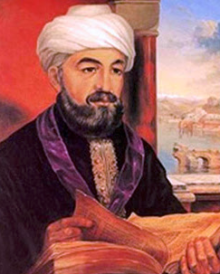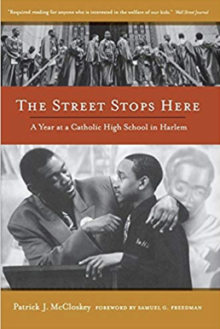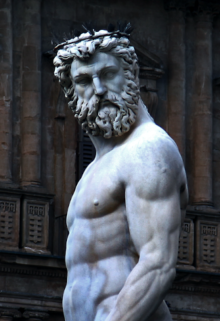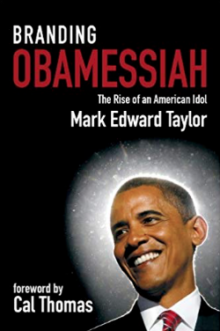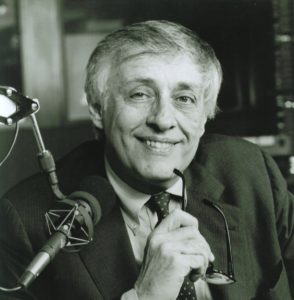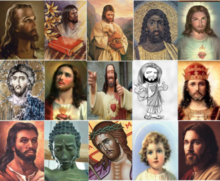
The Earthly Career Of Jesus
With Barbara E. Reid, Klyne SnodgrassAdded 3.25.19. Milt and New Testament scholars Barbara E. Reid and Klyne Snodgrass explore – as Milt puts it – “the real man Jesus, as he is knowable” with a focus on the “actual facts of the earthly career of Jesus” and its connection to the Christian faith. The starting point is an encomium to Jesus from none other than Napoleon, for founding an empire based on love rather than force. At the time of the broadcast, each guest was a a professor of New Testament Studies; Reid at the Catholic Theological Union, and Snodgrass at North Park College.


